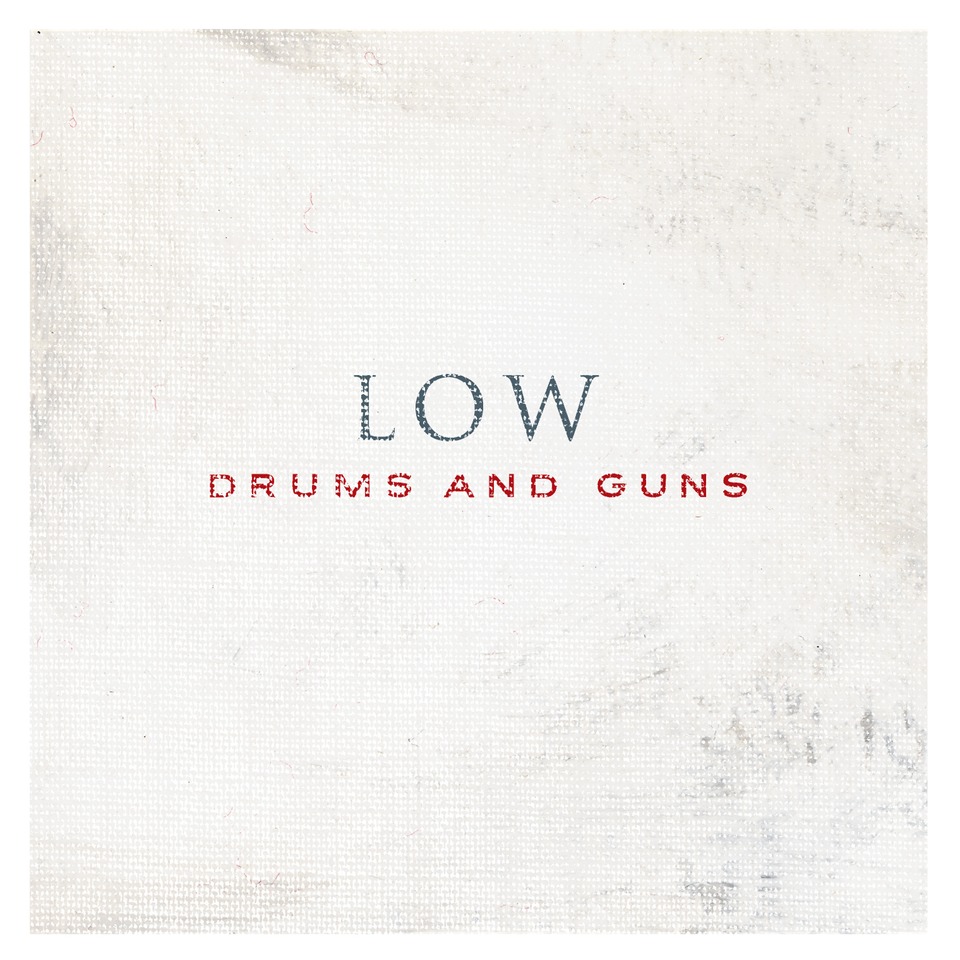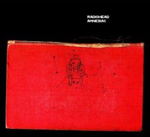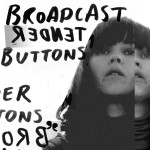Low : Drums and Guns

The past couple years have been tumultuous ones for Low. After the release of 2005’s The Great Destroyer, the band canceled a tour due to frontman Alan Sparhawk’s ill health, both physically and psychologically, which led to a personal breakdown. Subsequently, longtime bass player Zak Sally left the band, splintering a lineup of more than ten years. Matt Livingston has since become Low’s new bassist, and it took less than a year for the band to begin working on new material, but even then, a great chunk of Sparhawk’s time was spent on non-Low projects. When the new album, Drums and Guns shows up in the mail, it’s accompanied by a sticker that reads “I’m Sick to Death of LOW.” It’s not so far from the “KMFDM/Primus Sucks” stickers affixed to college-aged weirdos’ cars in the ’90s, only it seems far more resigned and hostile, even if it is meant to be light-hearted (a trait that isn’t often associated with the Duluth band).
Appropriately enough, the music on Drums and Guns marks a dramatic departure for the band. The Great Destroyer was a big enough shift on its own, distortion pedals cranked up and the band rocking harder than they had ever before. But this album is a sharp turn away from that sound as well. There are none of that record’s blistering rockers (though closer “Violent Past” is pretty noisy), nor are there any of Trust‘s epic seven-minute dirges or the famed “slowcore” songs of their earlier years. What Low presents, instead, is an album built upon more diverse textures, electronic drum patterns, melodies ranging anywhere from dissonant and oblique to simple and even kind of catchy, occasionally touching upon the accessibility of Destroyer, but remaining a much less immediate record overall.
In fact, several of Drums‘ tracks are some of the band’s more difficult recordings. Opening drone “Pretty People” sets a bleak tone for the record, buzzing feedback and distortion creating a static wall, practically devoid of melody, while Sparhawk warns like a deranged soothsayer, “all you pretty people…are all…gonna die.” Similarly, “Dragonfly” has little instrumentation to speak of, aside from a crashing drum sample and squeaky samples, the song held together mostly by Sparhawk and Mimi Parker’s haunting vocal harmonization. By comparison, “Take Your Time” (the longest song at 4:18) is practically a symphony, bells and pianos clanging underneath Sparhawk’s dramatic delivery. Yet it’s a rare exception on an album built mostly on minimal arrangements.
Within this unusual framework, there are many oddly powerful moments, the sparest of melodies contributing to some of the band’s most devastatingly beautiful work. “Breaker,” for instance, builds from handclaps and lone organ whirring, while Sparhawk creates a dark imagery with lines like “our bodies break/ and the blood just spills and spills.” Eventually some backward guitar soloing enters the room, but the song ultimately remains a testament to the ‘less-is-more’ philosophy, the best song on the album at little more than a skeleton. “Always Fade” is a much bigger sounding song by comparison, primarily because its skittering drums and bassline are so overpowering. But in essence, it’s a fairly simple song, built upon dub-inspired textures and rhythms, the addition of hand percussion thickening its broth ever so slightly.
In spite of an abundance of eerie sounds and chilling imagery, Drums and Guns isn’t necessarily Low’s darkest or most bleak album—it’s not like they were Van Halen to begin with. Most notably, “Hatchet” finds the band in a lighter mood, riffing on a slightly funky, catchy, guitar-driven progression. Sparhawk and Parker find a lighter lyrical muse as well, offering lines like “let’s bury the hatchet like the Beatles and the Stones” and “you be my Mary Ann and I’ll be your Yoko.” It doesn’t take long, however, for that lightheartedness to dissipate in favor of devastating heaviness. “Murderer,” while melodically gorgeous, contains a restrained intensity, best displayed in the lines, “Don’t act so innocent/ I’ve seen you pound your fist into the Earth,” creating an ambiguous, yet extremely tense atmosphere.
It’s fair to say that The Great Destroyer, rather than Drums and Guns, is the farthest thing anyone could have expected from the band that released I Could Live In Hope, but only because of their differences on the surface. Drums is a much weirder record, and one that thrives on fragments, nuances and ghosts of songs. It makes for some of Low’s best and most unusual material. Interesting how a band that once made a name for itself by setting a glacial pace now refuses to sit still.
Similar Albums:
 Radiohead – Amnesiac
Radiohead – Amnesiac
 Yo La Tengo – I Can Hear the Heart Beating As One
Yo La Tengo – I Can Hear the Heart Beating As One
 Broadcast – Tender Buttons
Broadcast – Tender Buttons
Jeff Terich is the founder and editor of Treble. He's been writing about music for 20 years and has been published at American Songwriter, Bandcamp Daily, Reverb, Spin, Stereogum, uDiscoverMusic, VinylMePlease and some others that he's forgetting right now. He's still not tired of it.

